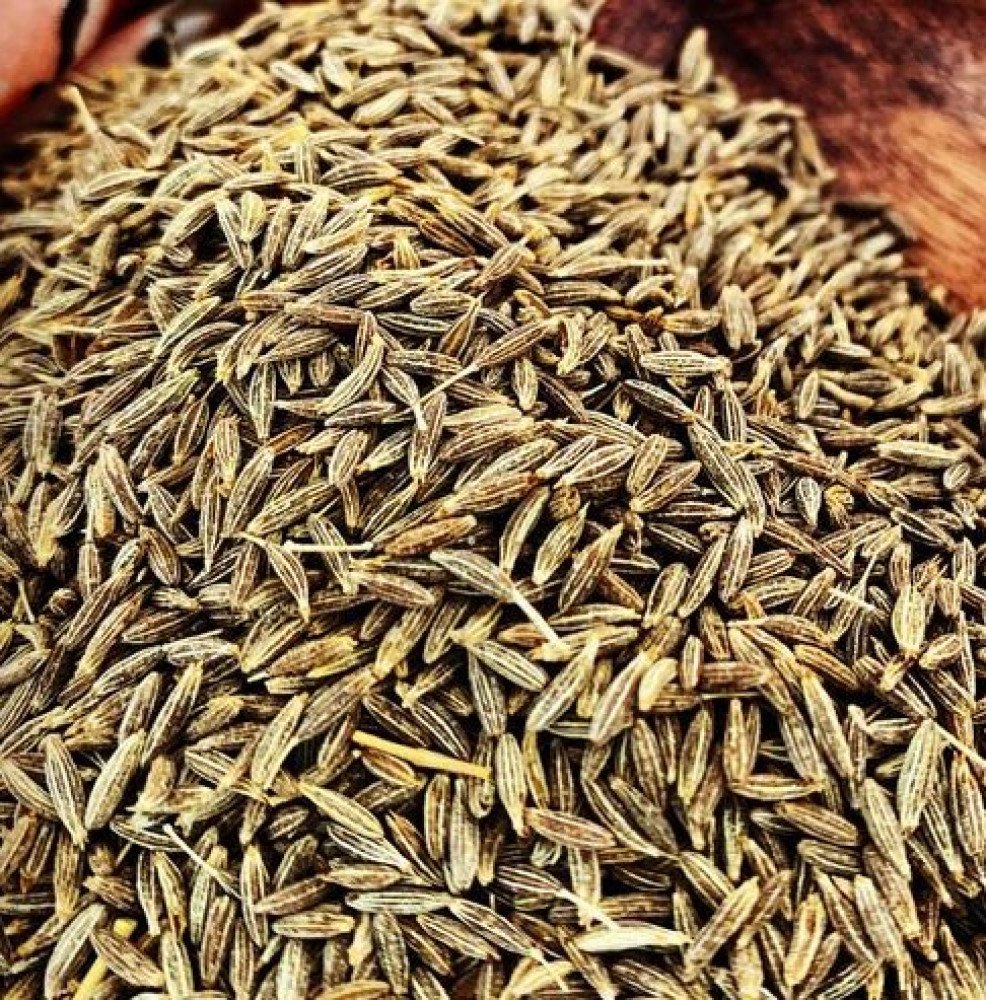Picture this: a bustling bazaar in the heart of India, where the aroma of spices mingles with the chatter of vendors. Among the countless treasures in this tapestry of flavors, there's one humble spice that stands out - cumin. Cumin, the dried seed of the herb Cuminum cyminum, has a history as rich and complex as the dishes it flavors. Let's explore the origins, culinary uses, and potential health benefits of this unassuming spice.
Cumin is the dried seed of the herb Cuminum cyminum, a member of the parsley family. This herb is native to the Nile Valley and has since traveled far and wide, gracing the cuisines of North Africa, Southwest Asia, East Mediterranean, and even reaching as far as India. While India and Iran are the largest cumin producers today, it's also cultivated in countries like China, Indonesia, Sri Lanka, Pakistan, Turkey, Morocco, Egypt, Sicily, Malta, Cyprus, the southern parts of Russia, and in Central and South America. Cumin thrives in subtropical or tropical climates.
The journey of cumin doesn't end with cultivation. Just before the fruits become ripe, the plants are harvested and threshed. The seeds are then sun-dried, often done manually in many countries. To preserve the flavor, it's best to grind cumin seeds just before use, as ground cumin loses its flavor relatively quickly. For an extra flavor boost, consider roasting the seeds in a dry frying pan before use. When exposed to high temperatures, cumin seeds release compounds called pyrazines, which enrich the taste of any dish they touch.
As a spice, cumin enjoys a global presence, particularly in North and East Africa, Indian communities, the Indian subcontinent, Thailand, Malaysia, Indonesia, and Mexico. In East Africa, cumin is known as "Jira" in Swahili, and it's used in various regional dishes. It's used both as a standalone spice and as part of various spice blends. Two common cumin varieties are "safed" (white) and "kala" (black).
Some familiar spice blends featuring cumin seeds include Garam masala, Pilau masala, and curry powder. Additionally, cumin's influence extends to the world of pastries, adding a spicy kick to biscuits and cakes. It also plays a role in sausage making and can elevate soups, sauces, and dishes with meat, fish, and vegetables. But remember, a little goes a long way with cumin because of its pervasive taste.
Cumin's appeal isn't limited to its earthy, spicy, and nutty flavor. It has a long history of traditional medicinal use. Some of its potential health benefits include:
1. Aids Digestion: Cumin is known for its digestive properties.
2. Boosts the Immune System: It possesses antiseptic and anti-inflammatory properties.
3. Helps Manage Respiratory Disorders: Cumin can improve bronchial restrictions.
4. Promotes Skin Health: It may help alleviate acne and eczema symptoms.
5. May Relieve Insomnia: Cumin may reduce bloating and discomfort, aiding sleep and managing cognitive disorders.
6. Traditional Uses: In Arabic medicine, it's been used to soothe scorpion bites when mixed with butter, salt, and honey, and in Iranian medicine for toothaches and epilepsy.
Cumin Water: A Health Elixir. Cumin seeds can be soaked overnight in water to create cumin water. To make this elixir, place one to two teaspoons of cumin in a glass of water before bedtime, allowing it to infuse overnight. The resulting water takes on a yellow hue as the nutrients dissolve.
In conclusion, cumin is more than just a spice; it's a journey through history and a treasure trove of flavor and health benefits. The combination of ground cumin and coriander gives Indian food its distinctive scent, and it has played a vital role in Ayurvedic medicine. Whether you're using it to spice up your dishes or for its potential health benefits, cumin is a spice that continues to captivate taste buds and heal bodies around the world, with a special place in the heart of Africa, and Swahili culture.


Add your reply
Replies